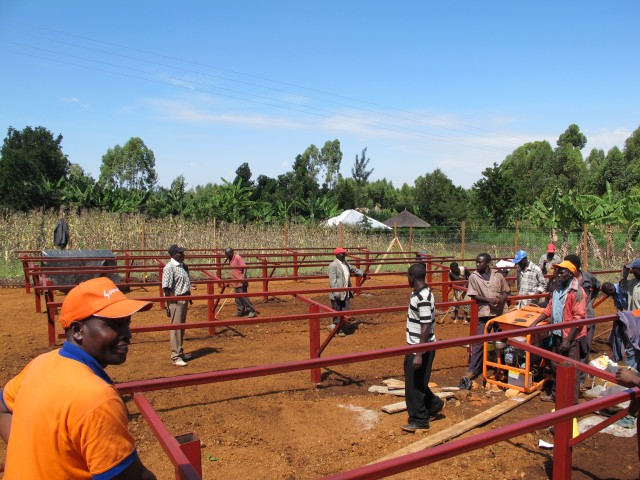We clarify the mechanisms through which rural electrification can contribute to rural development. Through a detailed case study analysis of a community-based electric micro-grid in rural Kenya, we demonstrate that access to electricity enables the use of electric equipment and tools by small and micro enterprises, resulting in significant improvement in productivity per worker (100–200% depending on the task at hand) and in a corresponding growth in income levels in the order of 20–70%, depending on the product made. Access to electricity simultaneously enables and improves the delivery of social and business services from a wide range of village-level infrastructure (e.g., schools, markets, and water pumps) while improving the productivity of agricultural activities. We find that increased productivity and growth in revenues within the context of better delivery of social and business support services contribute to achieving higher social and economic benefits for rural communities. We also demonstrate that when local electricity users have an ability to charge and enforce cost-reflective tariffs and when electricity consumption is closely linked to productive uses that generate incomes, cost recovery is feasible.
PublicationJournal Article Community-Based Electric Micro-Grids Can Contribute to Rural Development: Evidence from Kenya
Published:
April 7, 2008
Author(s):
Publication Type:
Journal Article
Abstract:
